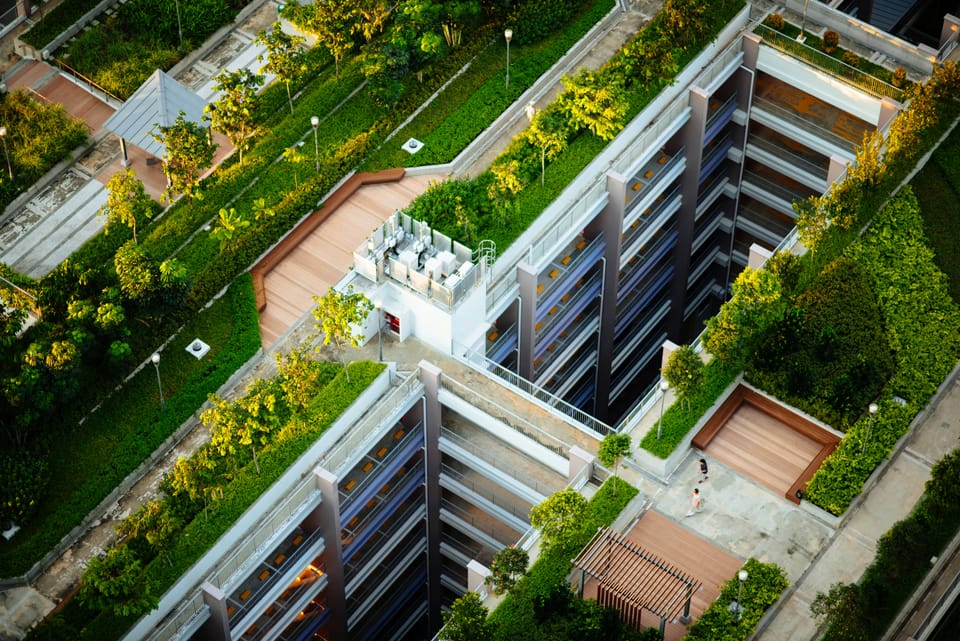More countries are integrating green building plans into national climate goals
"Buildings are not just part of the climate challenge – they are one of our most powerful solutions."

More than 40 countries have used the World Green Building Council’s NDC Scorecard to integrate building decarbonisation plans into their climate goals.
Since launching its NDC Scorecard in June 2025, WorldGBC has engaged with dozens of governments around the world to help them assess and strengthen the buildings component of their Nationally Determined Contributions (NDCs) under the Paris Agreement.







